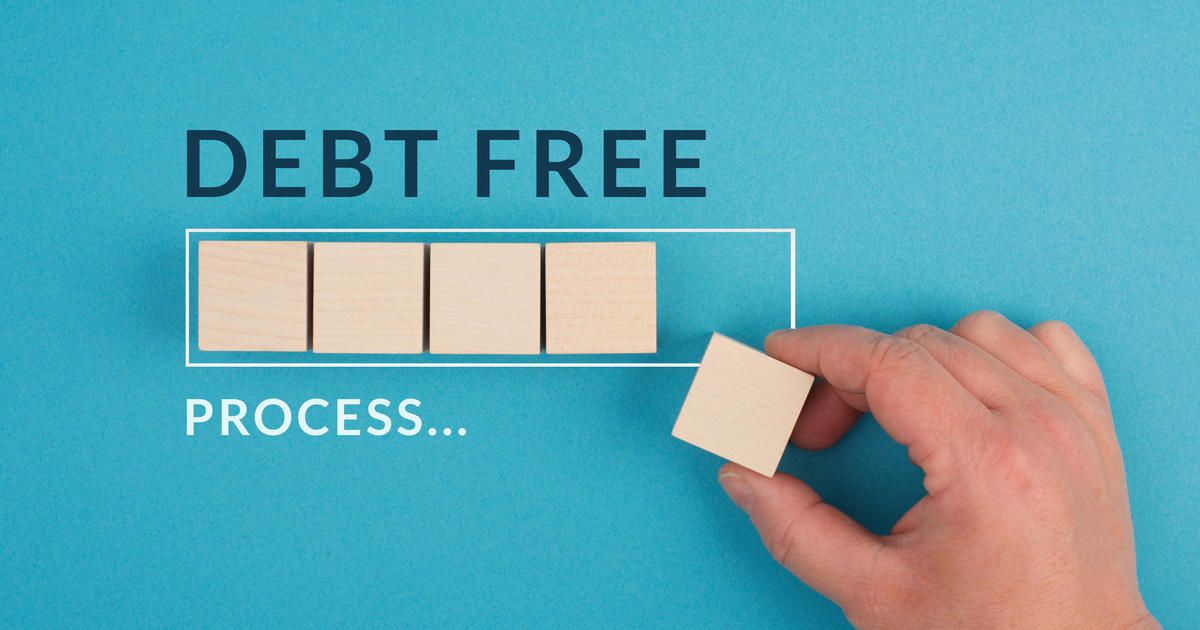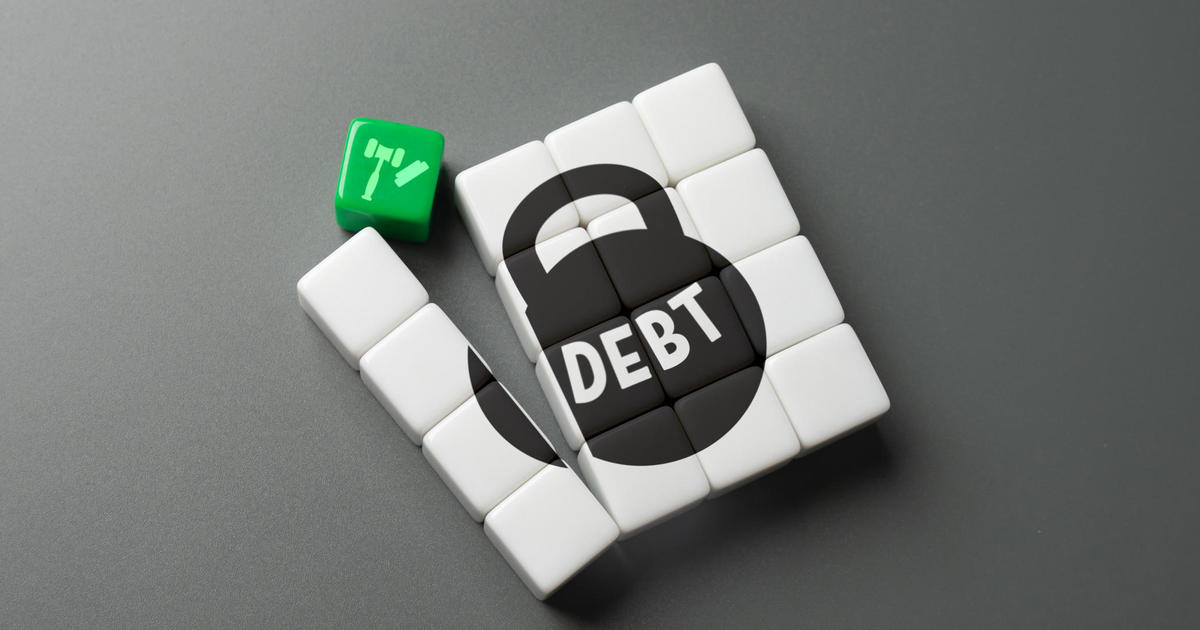How to stop the bank fee frenzy
Numerous studies have shown that Americans are paying billions in bank fees. In a review of Federal Deposit Insurance Corp. data, a DepositAccounts.com study found the total amount of fee income banks generated in 2015 was $34.6 billion. That averages out to about $107 per American.
But those who weren't careful with their bank accounts paid much more. By knowing what to look for at banks and by making smart choices, consumers can eliminate bank fees.
Here's how.
Make sure you don't opt into overdraft protection. The best way to avoid overdraft fees is to avoid this option. Without overdraft protection, your debit card purchase or ATM withdrawal will be declined if you don't have enough money in your checking account to cover the transaction. It might seem better to have the bank cover these transactions, but consumers pay heavily for this coverage.
However, an overdraft transfer service can save consumers money. With this service, your savings account is linked to your checking account. If your checking account balance is too low to cover a debit, the bank will automatically transfer from the linked account to cover the shortfall.
Most banks and credit unions still charge for overdraft transfers, but more banks are changing policies and making overdraft transfers free. Choose a bank or credit union that doesn't charge for this service.
Avoid banks that have monthly maintenance fees even if they can be waived when you maintain a minimum balance or complete certain activities like establishing a direct deposit.
When you first open an account, it might seem like it'll be easy to meet the requirements to avoid the monthly maintenance fee. However, if you get hit by hard times that force you to lower your account balance or to end your direct deposit, you might find you no longer qualify for the fee waivers.
The ATM fee is another common bank charge that can be a major cost for consumers. If you regularly use ATMs at several different locations, look for a bank that doesn't charge you when you use another bank's ATM. In addition, look for a bank that will reimburse you for charges from other banks for using their ATMs.
Beware of less well-known fees that are common among all banks and credit unions. These include inactivity fees and excessive withdrawal fees. If you haven't had any transactions on your account over a certain period of time, many banks will start charging a monthly fee until there's a transaction.
Excessive withdrawal fees can occur on savings and money market accounts. These accounts are limited by federal regulation to no more than six withdrawals per month when done electronically or by check. To satisfy this regulation, banks and credit unions will typically charge a fee when you exceed six withdrawals.
In general, credit unions have fewer and smaller fees than banks. Internet banks are an exception and have even fewer fees than credit unions. This was shown in a DepositAccounts.com study on overdraft fees. Getting hit by a fee at any bank or credit union is always a risk, but by evaluating your needs, your behaviors and anticipated balances, you'll be able to find a checking account that lets you avoid the vast majority of fees.
Ken Tumin is founder and editor of DepositAccounts.com, which has been tracking and rating the savings, CD and checking account offerings of banks and credit unions for more than a decade.



